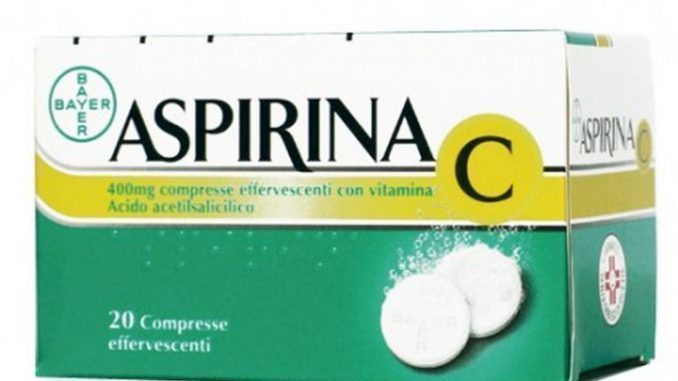
Aspirin, aspirin and cardioaspirin: what are the differences
Aspirin, aspirinette and cardioaspirin: so many names to talk about the same drug or are there differences? Well, there is a common factor among the three drugs and that is the active ingredient, theacetyl salicylic acid. But the main difference between the three types of drugs lies in the amount of active ingredient. During this period, there is a great increase in the use of aspirin for seasonal ills such as colds and flu.
It is recommended given the covid period to get the flu vaccine to relieve the work of doctors and hospital facilities.
Aspirin, often used in seasonal ailments
In fact, while aspirin and cardioaspirin contain an amount of active ingredient equal to 100 mg, aspirin contains a maximum of 500 mg.
Other differences lie in why they are prescribed:
- l’aspirin, mainly for its anti-inflammatory action;
- l’aspirinetta, thanks to its anti-aggregant action, which prevents the formation of thrombi and clots in the blood, is prescribed to ward off the risk of stroke and other problems affecting the cardiovascular system;
- the cardioaspirin, it, too, is prescribed to prevent the risk of cardiovascular problems but, unlike the previous one, its formulation is such that it is gastro-resistant, that is, it does not dissolve in the stomach but in the intestines, thus preventing damage to the stomach and avoiding situations of stomach bleeding and ulcer formation.
That is why, in the case of aspirin and aspirinetta, which are not gastro-resistant, it is important that they be taken with meals or combined with gastric protectors (if recommended by one’s doctor), which in any case is also recommended for those who have to take cardioaspirin for life to avert the risk of digestive tract injury
Still on the subject of cardioaspirin, according to a study by theAmerican Hearth Association, it is suggested to take it before going to sleep precisely because it has been seen that many cardiovascular events occur in the morning.
Knowing these differences can be helpful, but in any case, if you have any doubts, it is always best to consult your doctor or pharmacist of choice, who will be able to dispel any uncertainty in any case.